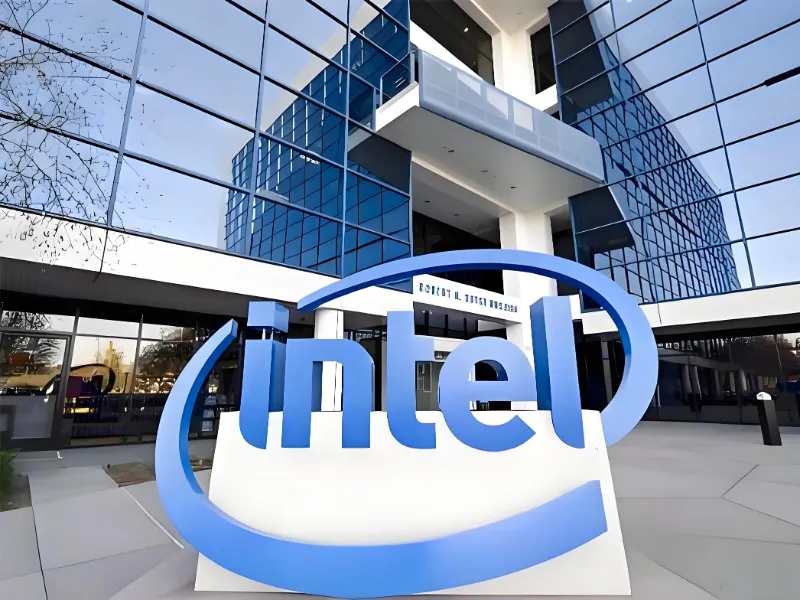- The news of Tan’s departure comes at a challenging time for Intel, which plans to cut more than 15% of its workforce.
- Tan said that stepping down from Intel’s board was a personal decision and that he remains supportive of the company and its important work.
OUR TAKE
Lip-Bu Tan, a semiconductor industry veteran, was brought to Intel two years ago to help the chipmaker make a comeback. Tan, who previously served as executive chair and CEO of Cadence Design Systems, joined Intel’s board in September 2022.
–Zora Lin, BTW reporter
What happened
Intel director Lip-Bu Tan resigned from the board on Monday. Intel disclosed this in a filing on Thursday.
The news of Tan’s departure comes at a challenging time for Intel. The company recently forecasted that third-quarter revenue would be below market expectations and announced plans to cut more than 15% of its workforce, or about 17,500 jobs, and suspend its dividend starting in the fourth quarter.
“This is a personal decision that I need to reprioritise my various commitments, and I remain supportive of the company and its important work,” Tan said in a statement.
The company’s shares rose slightly in extended trading. The stock fell to $20.10 on Thursday.
Also read: Intel bets on China’s electric car market with new AI chips
Also read: Intel targets China’s EV market with new AI chip
Why it’s important
Tan’s departure could have implications for the company’s strategic direction and decisions, especially at a critical time when it is seeking to transform and cut costs in response to market pressures. In addition, Intel’s stock price fell significantly after the earnings release, and its market value has fallen below book value, reflecting the market’s concern about the company’s future development prospects.
Intel’s layoffs and dividend suspension are steps the company is taking to improve its cash flow and financial position. The job cuts will affect a large number of employees, while the dividend suspension is the first since 1992, and these moves could have an impact on the company’s long-term competitiveness and market confidence.
At the same time, Intel has slipped to fourth place in the global semiconductor market, underscoring the competitive pressures facing the company. Future developments will depend on how the company responds to current challenges and adjusts its strategic direction.

